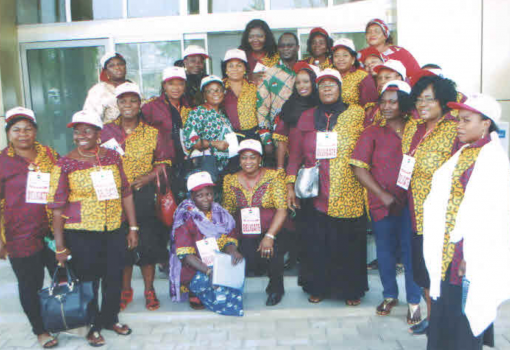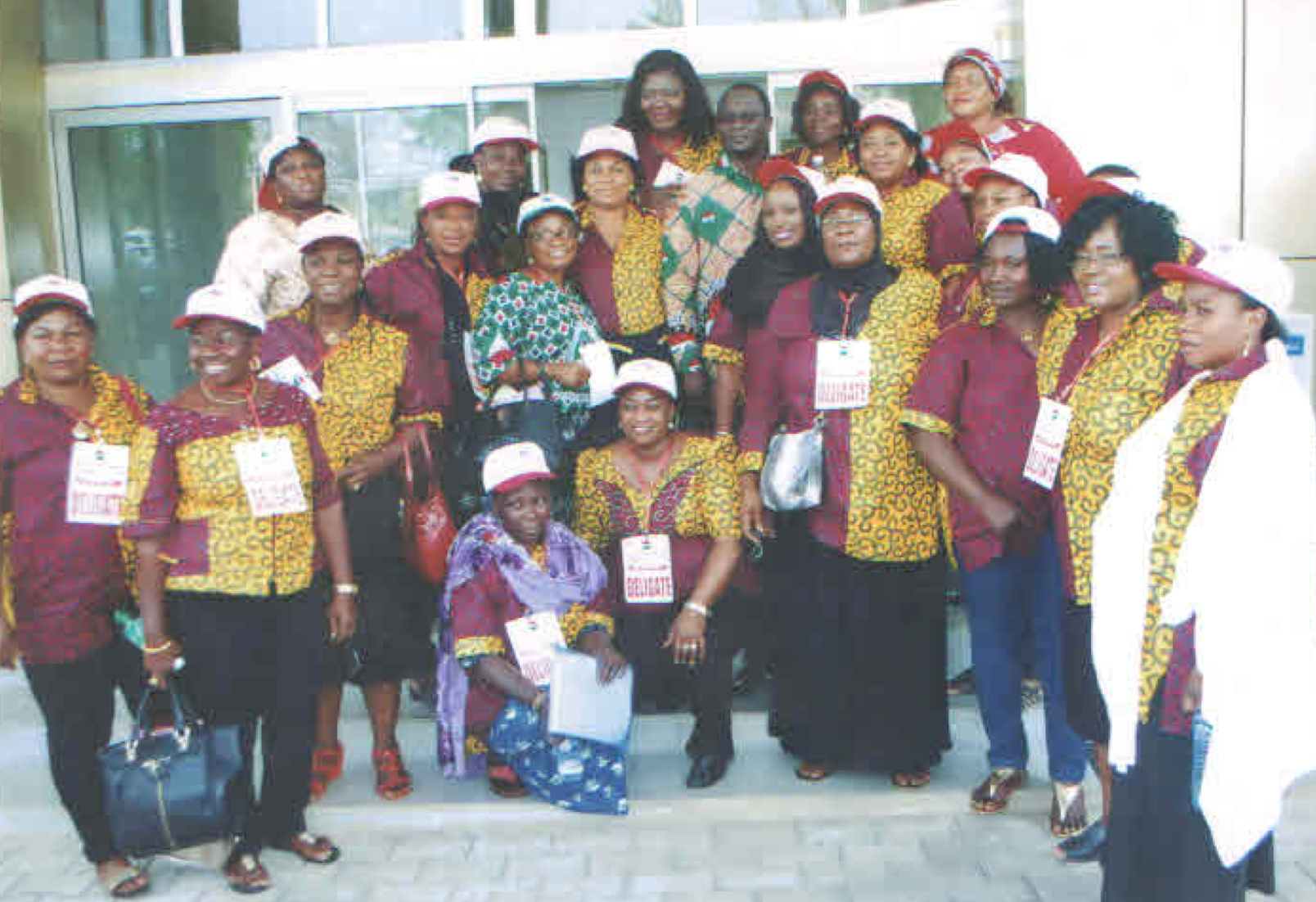
This year’s International Women’s Day celebration was marked by the Nigeria Labour Congress (NLC) with its fourth National Gender Conference. This was organized by the National Women’s Commission of the NLC.
International Women’s Day is an annual global event to appreciate the role and contribution of women, not only in family, but also in the world of work and socio-economic and political spheres.
The theme for this year was BE BOLD FOR CHANGE with the focus on “women in the changing world of work: Planet 50-50 by 2030”.
The fight for women’s liberation is part of the fight for a fair and democratic society. In 2015, world leaders adopted the Sustainable Development Goals (SDG), placing gender equality and empowerment of all women and girls at the heart of the 2030 agenda for sustainable development. We will have to fight to ensure that this is achieved.
The NLC National Gender Conference was the fourth in the series. The first delegate conference was held on 8th of March, 2003, in Bauchi.
The theme for this year gender conference was “consolidating the gains of gender mainstreaming in the trade union”. The conference took place at the Royal Tropicana Hotel, Utako, Abuja and had delegates from all the affiliated unions of the NLC and the State Councils of the NLC.
The conference was declared open by comrade Ayuba Wabba, the President of the Nigeria Labour Congress. In his opening remarks, Wabba opined that the trade union movement needed to intensify its struggles for gender justice and gender equality. He linked this to building a stronger Nigeria Labour Congress. His opinion was that it was apt to fight against oppression, to get rid of capitalism and to fight for a society based on human needs instead of profit. “Men and women can only do this together”, he said, “collectivism and solidarity is the strongest weapon to fight capitalism”.
Capitalism works assiduously to divide the working class in order to weaken resistance against exploitation and to ensure undisputed profit making. They try to turn skilled workers against the unskilled; indigenes against immigrants; ethnic groups against other nationalities; men against women.
The role of the trade union movement in the fight for women’s rights cannot be over emphasized. Trade unions have enormous potential in terms of the empowerment women. They are also the spaces where woman can gather and share experiences from their different work places.
Ene Okon, the vice president of the Nigeria Labour Congress, called on working class women to come to the aid of the poor and the vulnerable women in society. Importantly she also asked the delegates what were they doing to help their sisters?
To mark this year’s International Women’s Day, Hayia Ammah Sulaiman in her lead off to the Abuja Area Council general meeting of the Socialist Worker League (SWL) posited that demands for gender equity and gender justice are more of rhetorical demands. They appear every year at every forum and gathering, but have not produced a commensurate impact in the struggle for women’s emancipation. She said that every promise and agreement reached at any such occasions flies out of the window immediately after the program. She said that so far the 35% affirmative action achieved during the government of Goodluck Jonathan was nothing to write home about with respect to the present administration.
She equally spoke of the quality of women represented in leadership positions. She said our society is a patriarchal society where gender stereotypes continue to be reinforced by the agents of socialization, such as schools, family, churches, mosques and the media. These institutions continue to propagate gender stereotypes prejudices and a discriminatory culture. As a result, she said, many girls and boys grow up accepting the idea of male superiority.
Earlier in her welcome address at the NLC Gender Conference the outgoing Chair of the NLC National Women’s Commission, Lucy Offiong called on employers of labour, as a matter of urgency, and in the spirit of corporate social responsibility, to set up child care facilities in and around work places. These are necessary to safe-guard the children of working women. Due to the circumstances of their working lives these women are forced to leave their children in the care of other people. As a result, these children may become the victims of rape and other forms of abuse.
Mercy Okezie from AUPCTRE emerged as the new Chair of the National Women Commission, at the Conference. Over the coming year we will have to work in our trade unions to ensure that the hopes and aspirations of these events are turned into reality.
The workers united can never be defeated!
Women and men should unite and fight the bosses!
by Peter Adejobi









